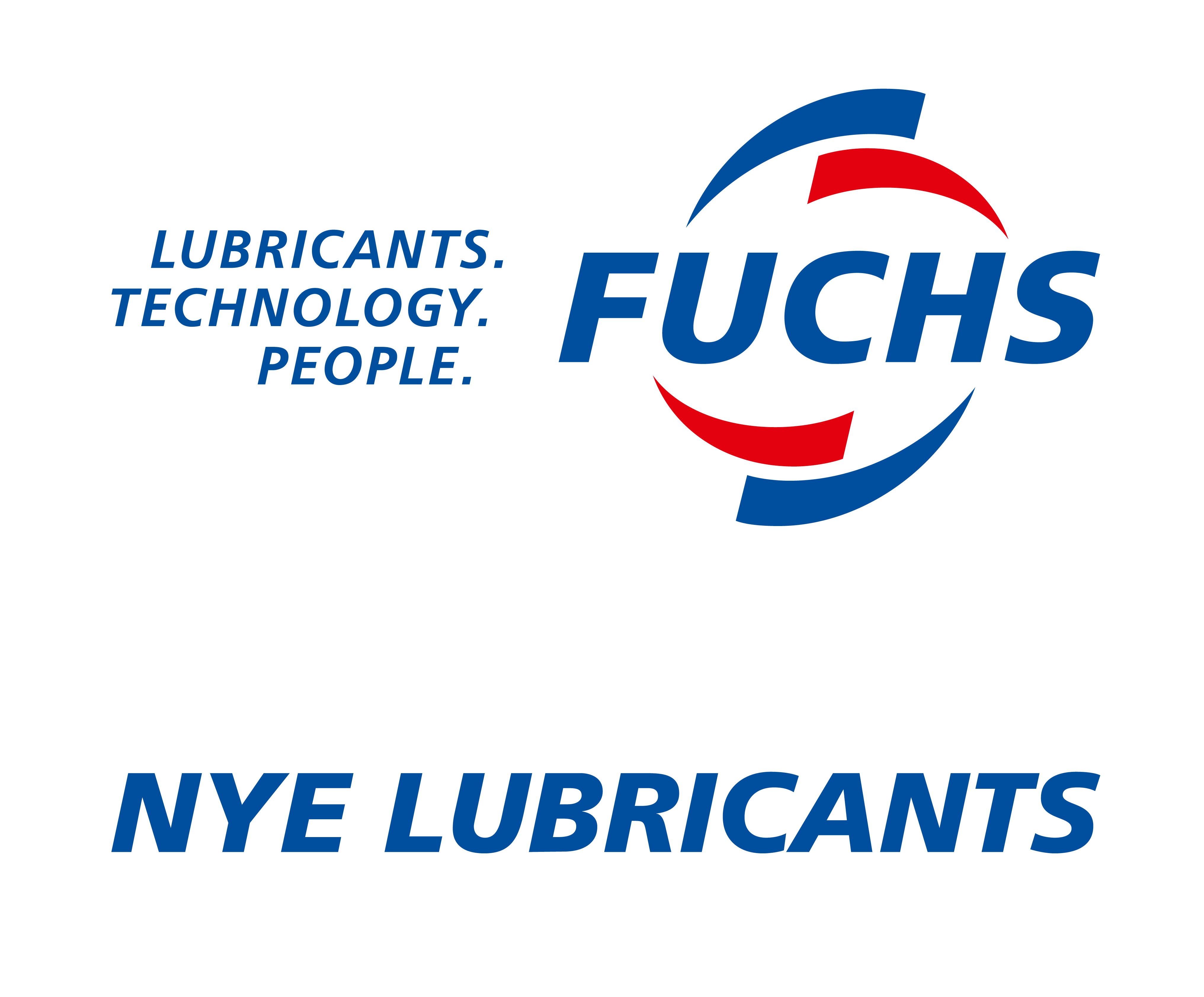Expert Interview: Advancements in Vacuum Lubricants for Space Applications
The stakes in space remain high as human space travel takes off and more players enter the industry. We sat down with Nye’s Aerospace Industry Manager Tony Dotson to ask him about the latest trends in the space industry and how Nye is prepared to help our customers tackle these challenges head on.

While human travel into space has been taking place for more than 60 years, I believe we are entering an era where human space travel will see exponential growth. Until recently, the number of people that have travelled into space was around 600, including the 12 that have landed on the moon. These numbers are expected to rapidly increase over the next few years. Lubricants will continue to play a key role in supporting the next-generation technologies that enable these endeavors. The need for vacuum capable lubricants will extend beyond that of flight enabling mechanisms to include more obscure and unique applications that support the function of space suites, crewed rovers, and the design of complex ecosystems that orbit earth and establish moon-based outposts.
Vacuum stability is a top consideration when selecting lubricants for precision bearings in space mechanisms. Vacuum stability measures the amount of material that has been lost or outgassed under vacuum conditions and can affect a lubricants functional life. Outgassing can also contaminate critical instrumentation such as optical systems. Loading and torque requirements are also critical factors that should be taken into consideration as many times these parameters include a range of allowable viscosities within the range of operating temperatures.
While there are many additional complexities to consider, I view these initial aspects as key to assessing the potential for pursuing a Pennzane™ lubricant, which has proven by far to offer the best film strength and expected life for precision bearings operating in Space. If a Pennzane™ formulation is not suitable, Nye has developed advanced long-life PFPE formulations, such as NyeTorr® 6350EL, which have shown a 12X improvement in bearing life compared to legacy PFPE lubricants.
PFPE lubricants have long been susceptible to Lewis acid-catalyzed degradation, a much studied and theorized failure mode by tribologists working with this class of base oil chemistries. Lewis acid-catalyzed degradation is more commonly referred to as the “Brown Sugar” effect as the Lewis acid reaction with the base oil forms a dark, thick, and grainy substance that is often associated with devastating lubrication failure.
As PFPE chemistries have long been used to formulate lubricants for the operation of Space mechanisms, primarily due to their low outgassing performance, chemical inertness, and low temperature capabilities, the detrimental effects on long-life operation have driven the need for research to better understand and avoid this potential failure mode. Nye’s latest R&D work on this topic was recently presented by Dr. Amanda Stubbs at the 47th Aerospace Mechanisms Symposium in a paper titled “Preventing the ‘Brown Sugar’ Lubricant Phenomenon: The Relationship Between PFPE Chemical Compositions and their Susceptibility to Lewis Acid-Catalyzed Degradation.”
Nye has continuously invested in improving our Quality Management System (QMS) over the past several decades. Our AS9100D certification demonstrates our commitment to ensuring the highest level of lubricant quality is delivered to the Aerospace industry. This certification assures our customers that Nye is compliant with the quality standards required by NASA, the Department of Defense, and the Federal Aviation Administration.
While Nye will gladly support on-site customer visits and quality audits, our stringent QMS is specifically aimed at risk management and all aspects of our operations ranging from product development, to the purchasing of materials, throughout the manufacturing processes, and the packaging of final products. Risk is minimized by following carefully controlled steps, procedures, and processes to ensure Nye’s final product is consistent and compliant with all product specifications.


